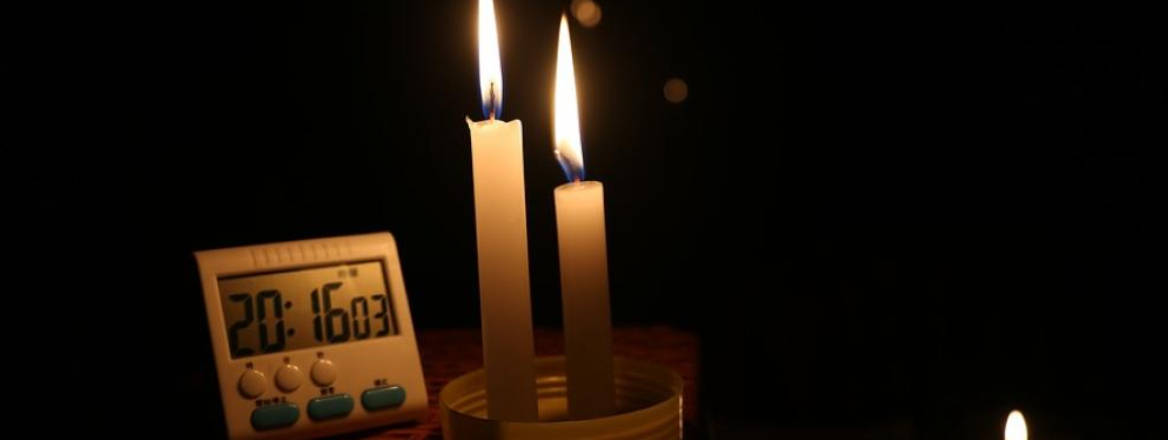Have We Outsourced Our Preparations for a Hostile Attack?
An MP’s plea for a broader and more inclusive public debate about the security threats facing the UK.
Britain’s national and strategic conversations about defence are cyclical. Various themes dominate the agenda at any given point, from state threats to terrorism to cyber. The daily news agenda drives the political discussion and in turn the debate about resources and priorities. As a political class we can be easily distracted and that typically means that the debate has moved on before we ensure we have the capabilities and capacity to deal with the threats that so dominated the agenda the previous month. We like to believe that we are strategic, that we are driven by the actual threats that we face, and that we make decisions based on the clear analysis of global threats, making every commitment grounded in the aspiration to protect and defend the population of the UK. We assess the preparedness of our forces, the capabilities of our platforms and the strength of our alliances.
The question we rarely ask, though, is whether we as a country are genuinely prepared for the impact of conflict, especially a conflict on our own shores. There has been great discussion, often led by RUSI, about hybrid war and total warfare but is the general public even aware of the threat, let alone prepared for it? Are we as a country resilient enough to cope with a loss of strategic infrastructure? And, importantly, have we done anything to start a conversation with the wider population about what the threats really are and how to mitigate them?
I would maintain that we have not. My constituents rarely raise with me the threat from Russia. In three years only one of my constituents has ever asked me about the genuine threat from a cyber attack. Our national media only occasionally raise concerns related to non-traditional threats or vulnerabilities. So, the question we must ask is: why?
There is obviously a failure of political leadership, which simply has not communicated the nature, scale or range of threats that we as a country face, never mind considering or establishing resilience training for the population. But I would contend that it is more complicated than just a failure of political storytelling or preparation. Rather, in an age of Brexit and austerity, we simply have other things to worry about. As a country we therefore have made an unconscious decision to outsource our worry and fears about our national security.
After all, that is why we have the police, the intelligence services and the armed forces. We assume that they are looking after our best interests, that they will make the right decisions to protect us in the event of national crisis and that the plans are in place, well-rehearsed and appropriately funded. It is not an unreasonable assumption and we are fortunate to have this level of protection but should we let the general public continue to live in blissful ignorance of the wider challenges it faces or should we engage it both in the debate and in the preparation? And if we do, at what level and on what issue?
There is always a balance; there has to be. Informative conversation versus operation fear. Resilience training versus national service. Political storytelling versus factual public information programmes. So where on these spectrums should we engage? And how much is the public innately prepared for any attack or loss of infrastructure?
I have huge faith in the British public. I believe that in the event of an attack on domestic soil, of a hybrid or traditional nature, after the immediate fear we would unite. We would come together and find a way through and we would never abandon our core values in the face of tyranny or bullying – even if we had to survive without the internet or electricity.
Having said that, as a politician I think it is time for the country to have a national conversation about the threats that we may face and make sure that everyone has a basic level of knowledge about what to do in a crisis. After all we are very lucky in the UK, that not only are we located on islands but we also benefit from a relatively stable climate, with regular (and at times horrendous) flooding being the worst we have to manage on an annual basis. Our children do not have to be prepared for earthquakes or hurricanes.
So maybe it is time we begin to prepare them for national emergencies which are not so natural in origin. But this is not a decision to be made in isolation by politicians or academics. Rather it is time to step up and start talking to the public about the threats that exist, what we are doing to counter them and what people need to do to protect themselves.
Ruth Smeeth is the Labour Member of Parliament for Stoke-on-Trent North and Kidsgrove.
The views expressed in this Commentary are the author’s, and do not necessarily reflect those of RUSI or any other institution.

